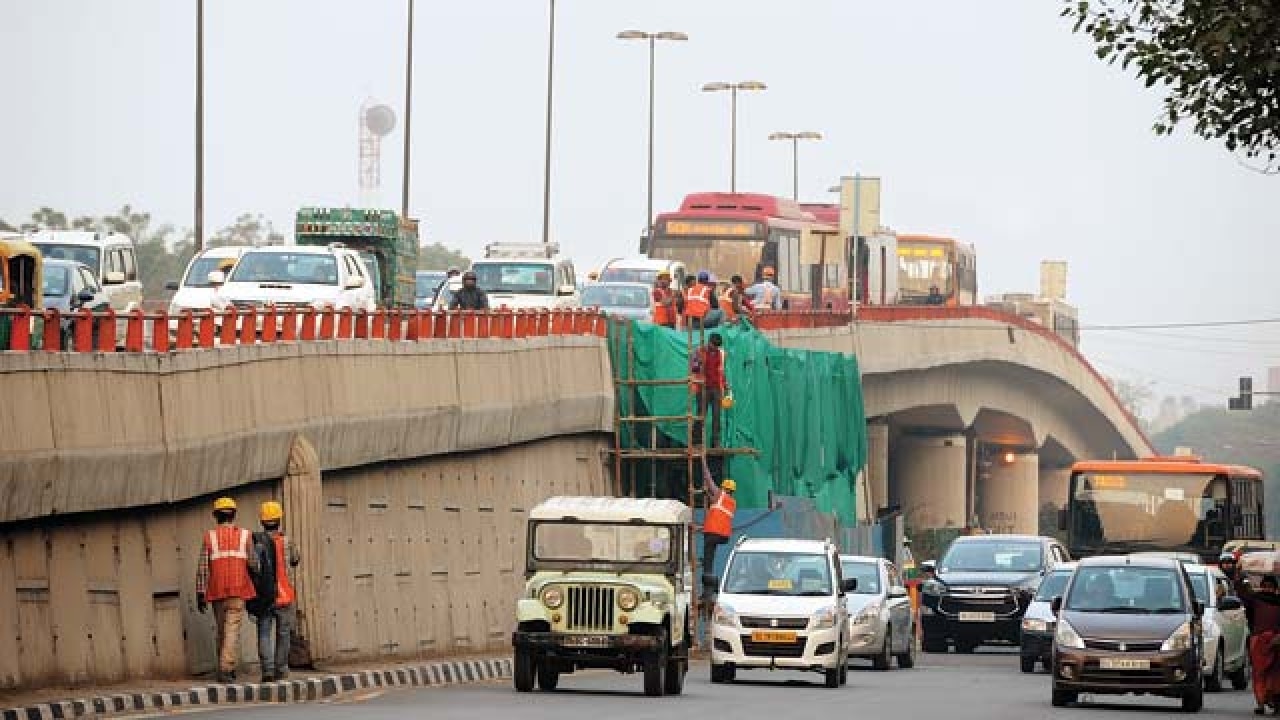
- Select a language for the TTS:
- UK English Female
- UK English Male
- US English Female
- US English Male
- Australian Female
- Australian Male
- Language selected: (auto detect) - EN
Play all audios:
A policeman’s lot is not a happy one — especially when there aren’t a lot of policemen. Five former Metropolitan Police Commissioners, plus three other senior officers, are feeling the
collars of the Tory leadership candidates. Lawlessness, especially knife and drug crime, have caused the public to lose confidence in policing. What, they would like to know, is going on
here, then? In a letter to the Editor of _The Times_, they denounce the reduction of police by 30,000, the destruction of neighbourhood policing and the undermining of stop and search.
Without naming her, they charge Theresa May with “the emasculation of British policing”. Such suggestive, even sexist, language, directed at a female Home Secretary and Prime Minister, might
not appeal to the present Commissioner, Cressida Dick, the first woman to hold that post. Indeed, the recruitment of more policewomen, who now number well over a quarter of the service, has
been a success story. Less successful have been efforts to create a more diverse force. Although the proportion has nearly doubled in a decade, only 6.6 per cent of police officers are
from ethnic minorities, less than half of the percentage in the UK population. In London, the figure is 15 per cent, but that is still not representative of a capital in which only a
minority identify as white British, more than a third were born outside the UK and a quarter outside Europe. Although these statistics are at least reliable, they barely scratch the surface
of the problem. The former police chiefs are right to fear that public expectations of the police are now “perilously low”. If people don’t think the police will investigate, let alone
solve, the crimes of which they are victims, those crimes will go unreported. There is good reason to doubt the falling crime statistics which have been used to justify the reduction in
police numbers and the loss of a visible presence in communities. A huge spike in cybercrime has also put pressure on police, keeping them at their desks when the public is increasingly
alarmed by violence on the streets. The politicisation of policing has not helped either. The charge of “institutional racism” levelled by the Macpherson inquiry into the Stephen Lawrence
case 20 years ago tarnished the reputation of the Met. But too many resources are now devoted to exercises in political correctness rather than the harder job of catching criminals. The
same, unfortunately, applies to the rest of the criminal justice system. Anyone who has served on a jury will know that police witnesses must routinely expect to be accused in court of
racism or other forms of bias or dishonesty. The presumption of innocence that the public expects from the law does not apply to the police. Officers are obliged to patrol in pairs and to go
to extraordinary lengths to avoid accusations of prejudice. The bureaucracy that has resulted is a colossal waste of time and money. The fundamentals of British policing are still sound.
But its failure to deal with the horrific rise in stabbings and other gang-related violence means that the new Prime Minister will need to prioritise law and order. A Royal Commission, which
is the main demand of the letter in _The Times_, sounds suspiciously like a job application by retired grandees. Whitehall archives are full of reports of such commissions, nearly all
gathering dust. If he wins, Boris Johnson, as a former Mayor of London, ought to take a more urgent approach. His successor, Sadiq Khan, is rightly blamed for complacency: so far this year,
33 people have died from knife crime in London; in 2018, the figure was 135, the bloodiest year for more than a decade. Boris has promised 20,000 more officers, but that is not sufficient.
He should listen to the former commissioners (one of whom, Lord Blair, he sacked) but also take on board what works elsewhere in Britain and the world. Born in New York, Boris should take
note of what they do well there: a much more visible presence, with officers who are glad to patrol neighbourhoods and do traffic duty. British police forces are rightly becoming more
professional, with a higher proportion of graduates. There is no substitute for putting more officers on the beat, but they must give priority to prevention rather than reaction, in order to
restore public confidence and co-operation. That includes stop and search. A lot more police on patrol would make the policeman’s lot a lot happier. Regaining our trust won’t be so easy,
but it must be done.




:max_bytes(150000):strip_icc():focal(319x0:321x2)/people_social_image-60e0c8af9eb14624a5b55f2c29dbe25b.png)



